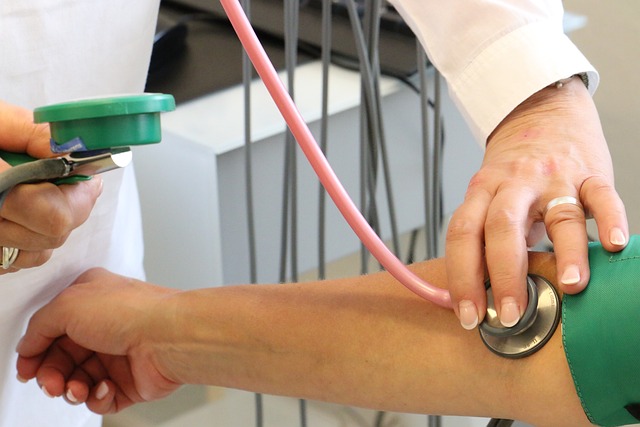Preventive Health Screenings
Putting your well-being first is one of the best ways to invest in yourself. Not only does it help you stay healthy, but it also keeps your health care costs lower.
Prioritizing your preventive care is key. By keeping up to date with the recommended screenings, you can stay on the right track with your health and catch any issues early before they become more serious.
Below are general screening recommendations based on age to help you establish a strong foundation for your health. Be sure to consult with your doctor about these and any additional screenings needed based on your family history.
Recommended Screenings



FAQ
Most plans must cover a set of preventive care– like vaccinations and screenings – at no cost to you. For example, depending on your age, you may have access to no-cost preventive screenings such as: blood pressure, diabetes, and cholesterol tests, many cancer screenings, mammograms and colonoscopies. Please check with your insurance carrier to confirm coverage.
- After making appointment, create a list of questions and/or concerns you want to ask your doctor.
- Make appointments at the same time each year. As you leave your doctor's office, schedule your next screening so you're on track for the next one.
- Keep your own records of your visits and lab results so they are accessible to you.
- If necessary, schedule follow up appointments.
USF offers vision benefits through Vision Service Plan (VSP). The benefits of this voluntary plan include an annual eye exam for $20 and a capped allowance for frames and contact lenses every two years at participating providers. Premiums are subsidized and paid through payroll deductions. Eye care is crucial for maintaining overall health.
Find more information on VSP insurance here.